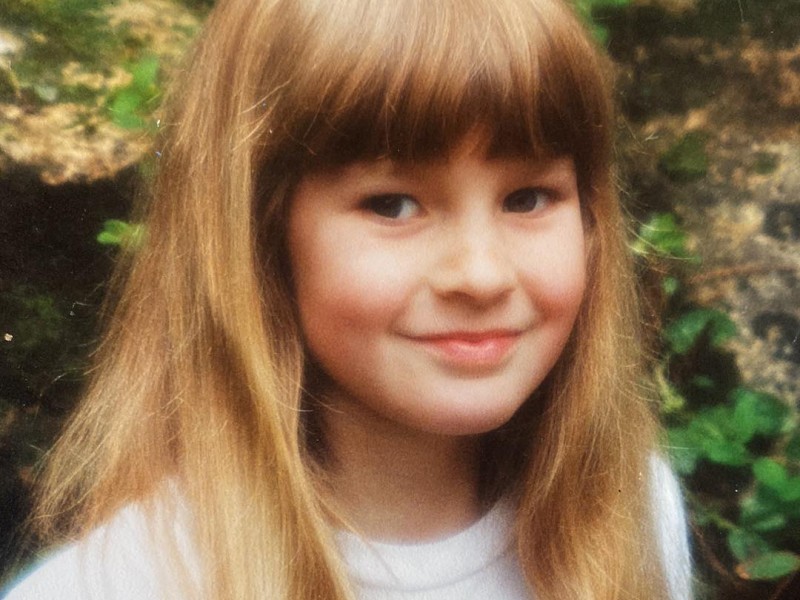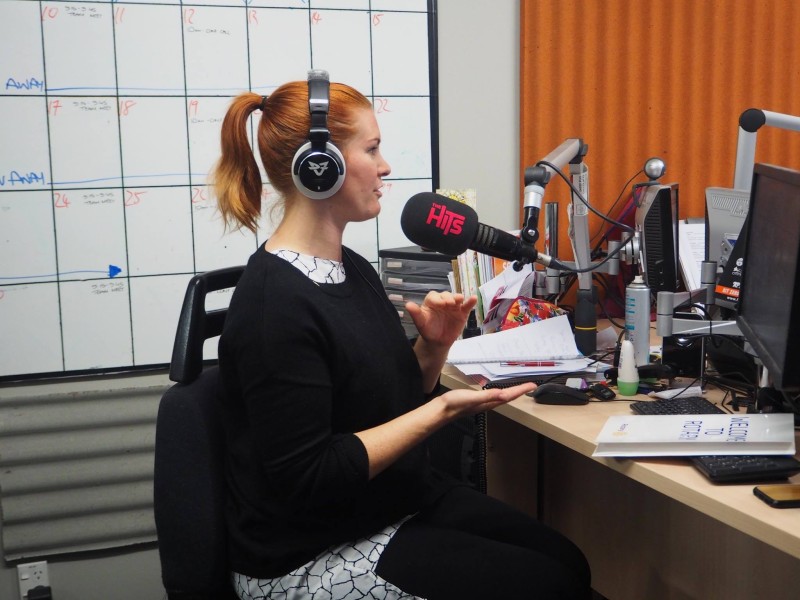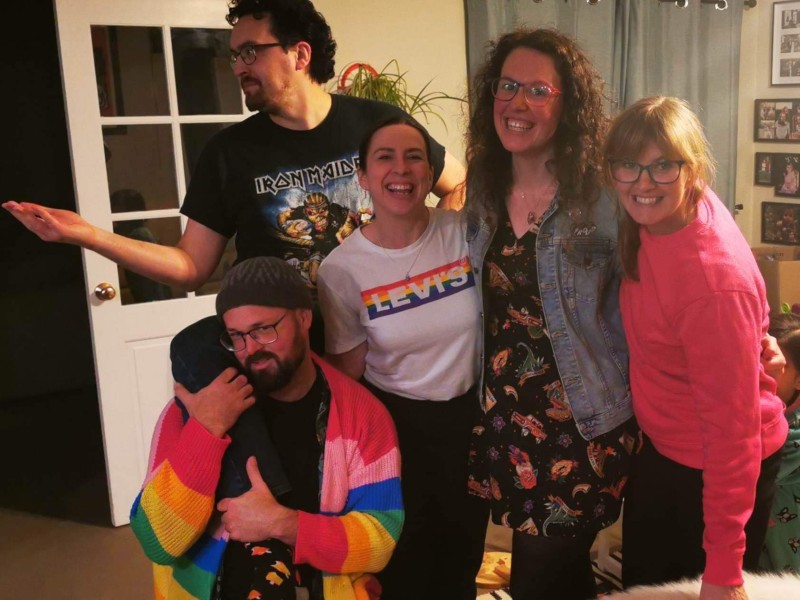As a little girl, Liv's creativity often led her into trouble.
Once, at the age of eight and feeling hungry in the middle of the night, she brought a blender to her bedroom, blending bananas and yogurt for a midnight smoothie.
Despite being a “good and respectful” kid, Liv says she found trouble not in intentional mischief, but well-intentioned, yet poorly thought-out ideas.
Recalling another incident at seven or eight, Liv's experimentation with a craft knife on her dad's freshly painted bathroom door showcases her lack of impulse control.
"I had a brand new art case that came with a tiny craft knife. In my little undiagnosed brain, I thought 'well, this can't be that sharp.' I turned around and the first thing I saw was my dad's freshly painted door. I didn't even think about it, just swiped two huge crosses through the paint."
Her dad inevitably found out, and confronted Liv with the damning evidence.
"I denied it. It was obviously me - I was the only one staying with him at the time - but I swore didn't do it."
Liv says the fear of getting into trouble often caused her to compulsively lie.
"It was a form of self preservation, and something else I never meant to do. It was never malicious or vindictive, it was purely to save my ass, but it always made things infinitely worse."
"The funniest thing was, I've never been any good at lying," she laughs. "It's something I really had to work on going into adulthood because as far as self-preservation goes, it doesn't work."




